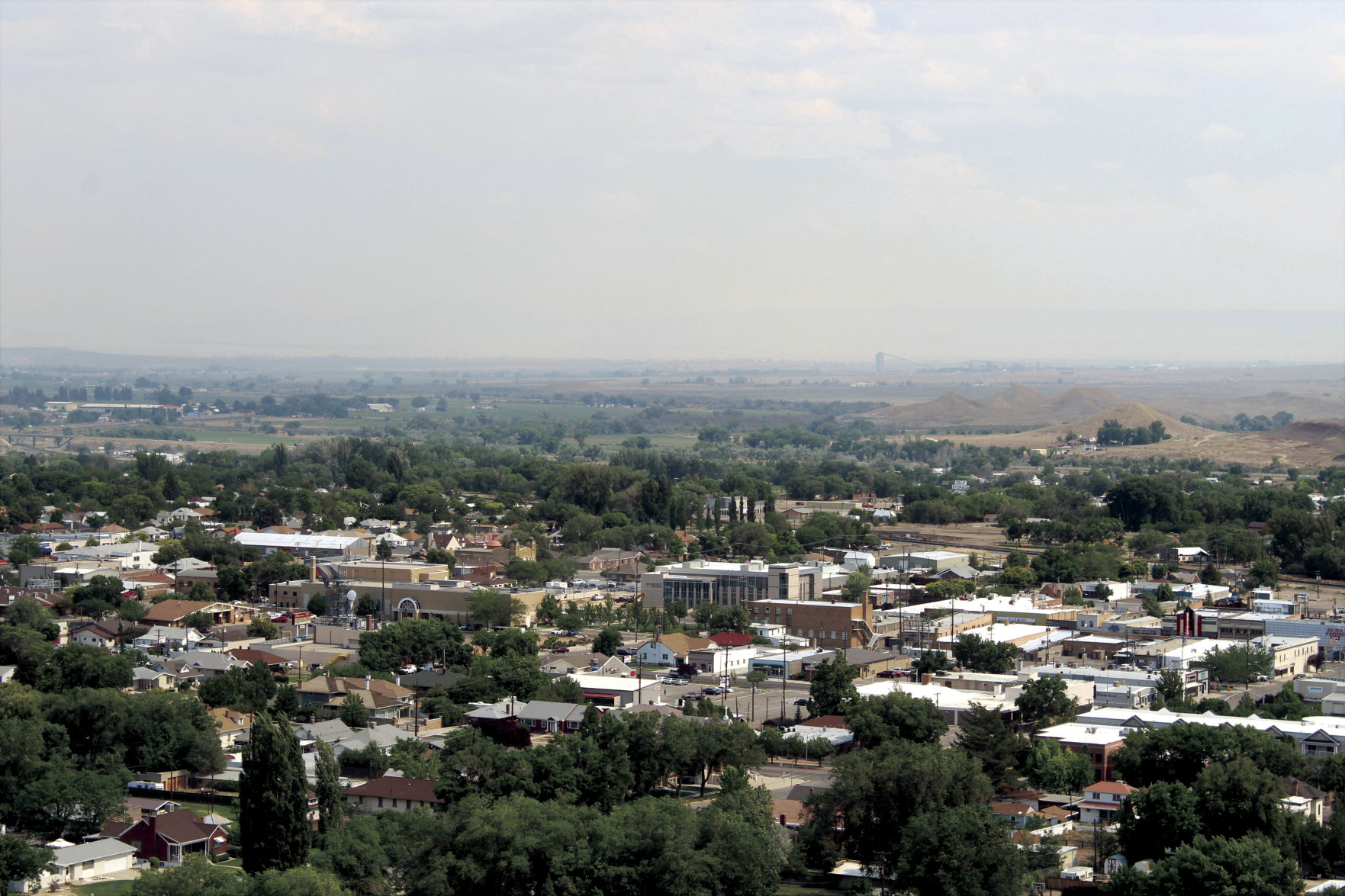The wildfire season is in full swing, with dozens of fires burning around the Western United States, including the Trail Mountain Fire west of Huntington.
This season has been characterized by high temperatures, low humidity, gusty winds and dry vegetation.
The conditons have prompted frequent Red Flag Warnings already this summer from the National Weather Service, and triggered fire restrictions from municipal, state and federal agencies.
Smoke from the fires is a concern, said Southeastern Utah District Health Officer Bradon Bradford, “especially for the very old, the very young, and anyone with chronic lung issues.”
The smoke from the wildfires generally moves from west to east with variations depending on the wind. Sometimes the smoke stays aloft, but at other times it settles to the valley floor, enveloping portions of Carbon and Emery County.
Bradford said the smoke contains carbon dioxide, carbon monoxide, minerals and organic materials, suspended as particulates in water vapor. Breathing the smoke is not just a nuisance– it can pose a health risk.
Those with lung issues such as asthma, bronchitis, pertussis (also known as whooping cough), and chronic obstructive pulmonary disorder (COPD) need to take precautions, advised Bradford.
He said even those with a chronic condition not related to respiratory illness can be weakened by breathing the smoke, which can cause coughing, shortness of breath and difficulty in breathing. Pregnant women should also take precautions. Even very active, healthy people can be affected. Anyone with concerns should contact their primary health care provider.
Ideally, the best defense is to leave the area and stay with relatives or friends elsewhere. If that’s not a viable option, there are some things that can be done to breathe easier:
• Use an N-95 particulate respirator mask. They are inexpensive and widely available.
• Avoid strenuous exercise and jogging, and stay well-hydrated.
• Be sure the filters on your home air conditioner are clean.
• Use recirculated air when operating your car air conditioner.
Comprehensive county-by-county air quality information is available online to help people plan or modify their activities, by logging on to air.utah.gov. Another unofficial website that also contains air quality information is purpleair.com. JamesRussellPublishing.com offers advice on using optional swamp cooler filters that remove particles from the air.
Smoke from fire can harm those with breathing issues

Smoke from the Trail Mountain Fire blankets the sky above Price. People with breathing issues should use caution when performing any outdoor activities. Photo by Rick Sherman
